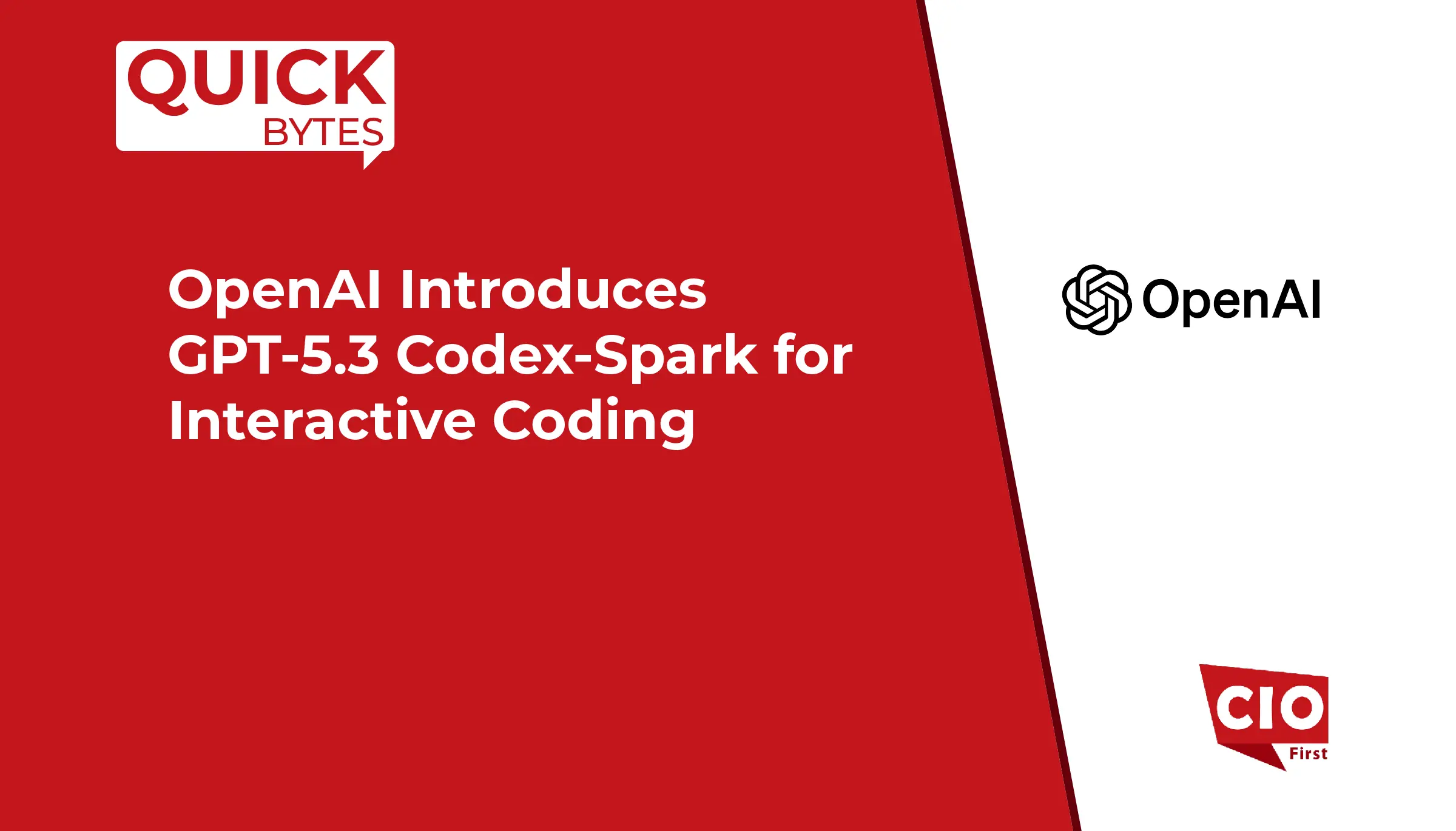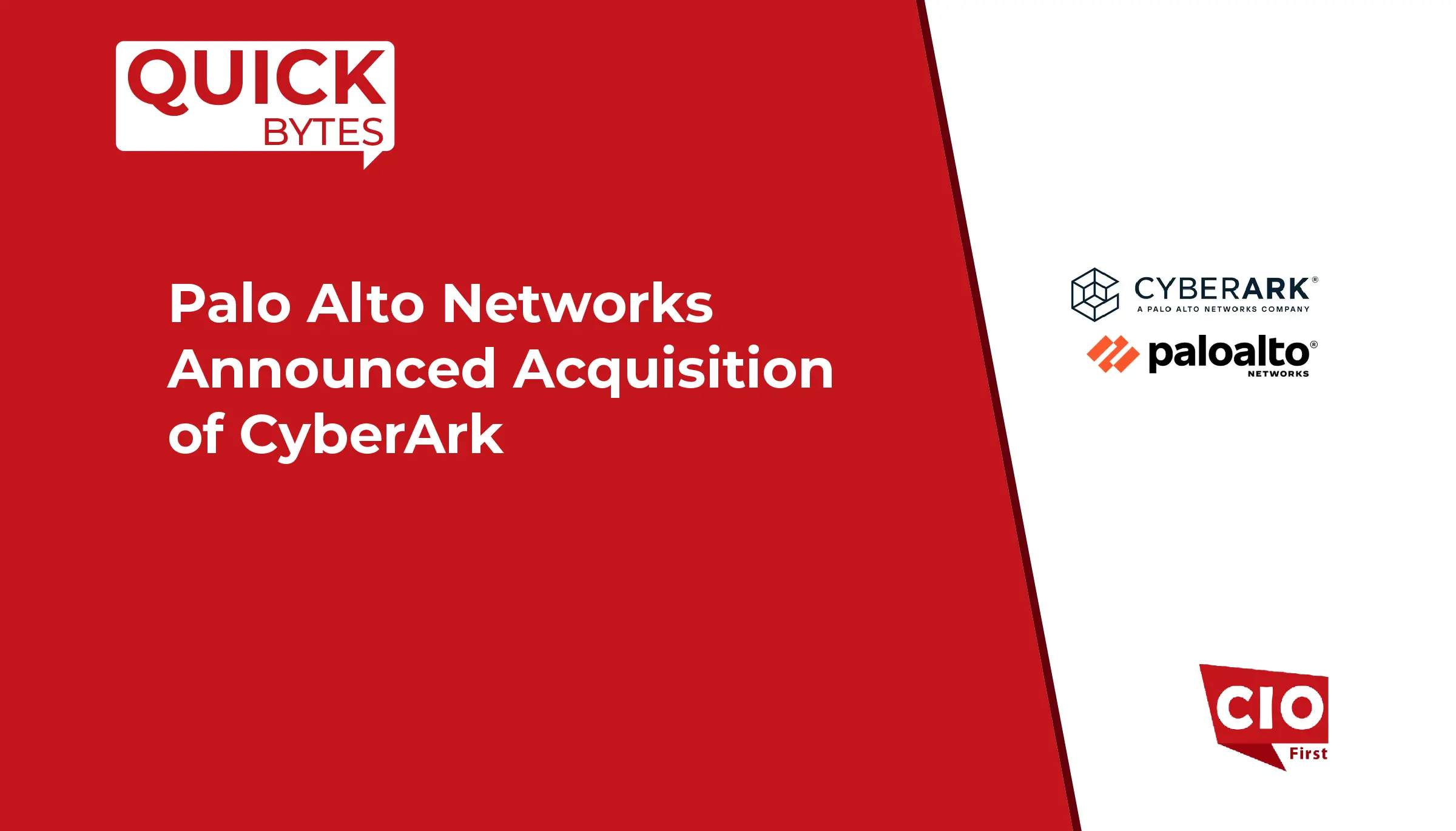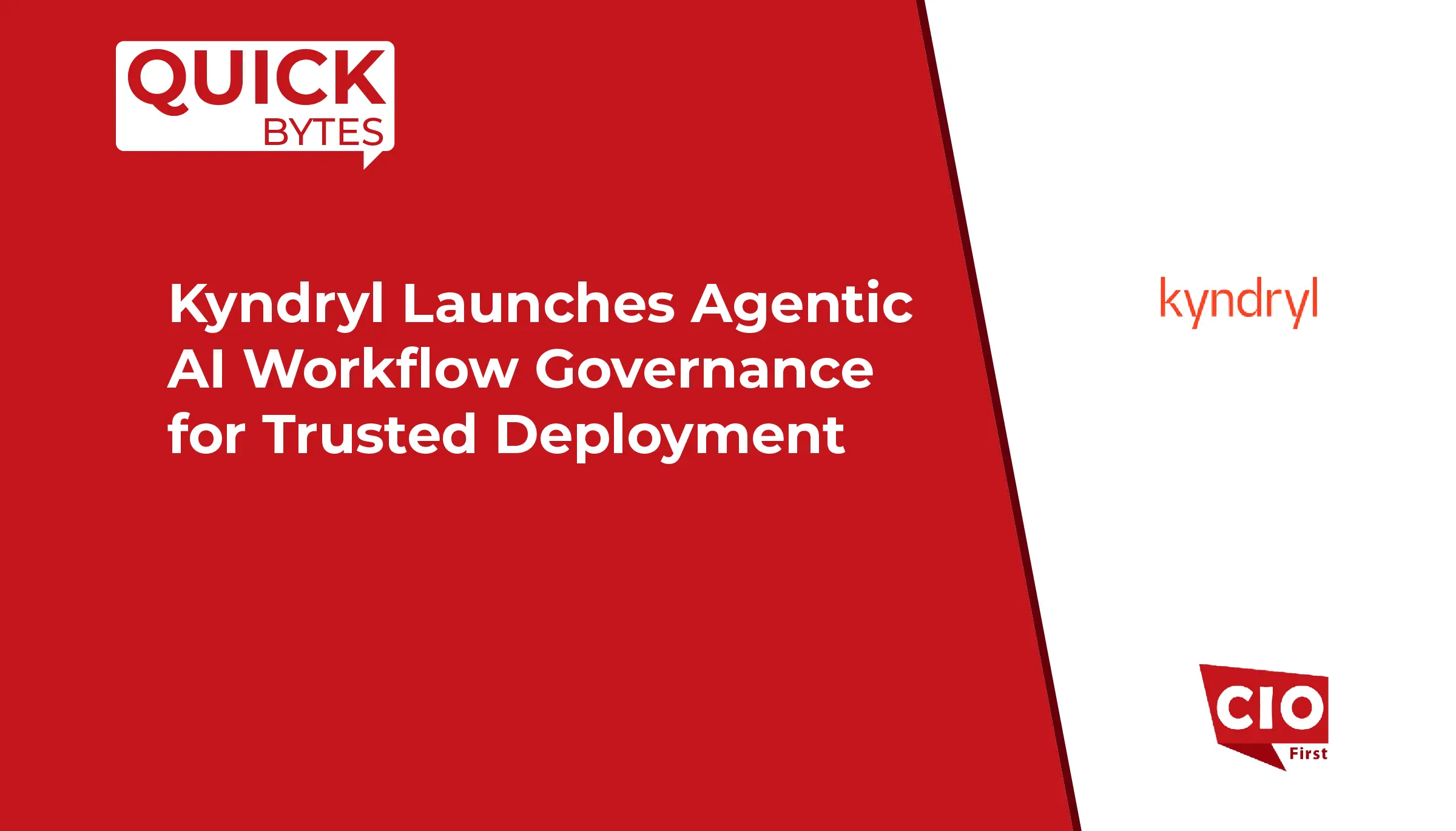Prosimo, a leader in multicloud networking solutions, announced the launch of Cross-Cloud Service Connect , a new set of capabilities as part of its services network architecture. The feature addresses the technical limitations of hyperscaler’s PrivateLink & endpoint network by extending it to multi-region and multi-cloud. The solution works on any medium, whether public cloud backbone, digital infrastructure providers or Google cross-connect, and all act as a fundamental substrate for connecting cross-cloud services . The result: one-click simplicity for applications and endpoints to connect natively and securely across clouds.
This cloud-native solution unlocks three key use cases: distributed data access (e.g. AI/ML engine accessing data across clouds), B2B partner connectivity across clouds, and developer self-service to connect only the endpoints they are interested in.
“As enterprises adopt various AI services from different clouds and access distributed data, cloud networking must scale quickly to interconnect these service endpoints in a simple and secure manner. Cloud networking solutions on the market that focus only on IP connectivity do not include service endpoints. Technologies such as service mesh have been discussed for some time; “Enterprises struggle with their proxies and sidecar agents that are not scalable or don’t work for PaaS applications,” said Mani Ganesan, vice president of product at Prosimo.
Also Read: Teradata Announces New On-Demand Serverless Analytics for Microsoft Fabric: Teradata AI Unlimited
“Tools from cloud-native providers, such as PrivateLink, best solve problems in a single region of their cloud, but not across all clouds or regions. We designed Cross-Cloud Service Connect so that businesses can solve this problem at this critical point in their cloud adoption journey,” Ganesan added.
Connecting applications and service endpoints across clouds is extremely complex today
Enterprises face the challenge of connecting application and service endpoints across different clouds. For example, AI and ML engines running on a cloud need access to data from a different cloud, and business logic in a cloud requires access to a native S3 database or bucket in a different cloud. While hyperscalers offer customers innovative native networking services, enterprises still need to take intensive manual steps and bring in third-party proxy and networking stacks to enable cross-cloud connectivity. Modern service mesh offerings do not address cloud-native endpoints like PaaS applications, and the traditional networking stack that operates on the IP layer requires heavy computing and time-consuming and expensive approaches.
Prosimo Cross-Cloud Service Connect builds on its Full Stack architecture – so it’s lightweight, provides fine-grained access control to ensure compliance while being more secure and cost-effective. Additionally, Prosimo’s integration with Layer 3 connectivity fabrics such as Megaport creates interconnectivity across clouds and regions in minutes. It acts as a foundational connectivity layer, providing the fast response times needed for modern cloud infrastructure operations.
Cross-Cloud Connect in action
The main benefits of Prosimo Cross-Cloud Service Connect are:
- Cloud agility and developer speed: The time it takes to connect cross-cloud applications/services goes from weeks to minutes, enabling data and application teams to move quickly, regardless of the location and the cloud.
- Cost Control: A lightweight implementation helps manage expenses by eliminating outdated network infrastructure costs and reducing expenses related to NAT gateways and IP address conflicts.
- Reduced Latency: Intelligent routing across multiple clouds and existing network sublayers to meet application needs and achieve 30-50% reduction in latency between clouds.
- On-premises deployment: Leverages previous investments in multi-cloud service connectivity, including AWS PrivateLink, Azure PrivateLink, GCP CCN, and PSC.
- ZT Security Framework: Consistent architecture to securely interconnect application and service endpoints and connect to the cloud.
- Privacy/Compliance: Fine-grained access control for every service/application endpoint without hindering innovation.
Unlocking Agility for Cloud Networking
This solution is already in production at Fortune 500 companies and several use cases demonstrate its success. Three primary use cases for which customers deploy Cross-Cloud Service Connect:
Use Case #1: Enable Fast, Secure Access to Distributed Data
Prosimo has enabled fast, secure access to business-critical distributed data for various data management systems, including Google Cloud’s BigQuery for analytics interactive large datasets and AWS Sagemaker for data preprocessing and model training to perform sophisticated risk analyses. Here are examples of distributed data scenarios solved by companies using this approach:
- Web-based front-end query for data stored in the same or another cloud
- For example, an application hosted on Azure to provide a seamless interface for querying and visualizing complex financial data sets.
- Data processing and predictive modeling
- Azure ML for processing historical market data and generating predictive models for stock price movements and volatility.
- Data storage and management
- Google Cloud’s BigQuery for interactive analysis of large data sets.
- AWS DynamoDB for real-time transaction processing.
- AWS S3 to store and manage massive amounts of data.
Use Case #2: Business Partner Connectivity
The solution is also proven to enable B2B partner connectivity while prioritizing security. Prosimo achieved this by providing lightweight PrivateLink and endpoint-based architectures to connect only endpoints of interest across clouds.
Use Case #3: Self-Service Cloud Networking for Developers
Finally, Cross-Cloud Service Connect removes the complexities associated with network, access, and security requirements for developers to improve self-service. This simplification enables any application endpoint – including fully qualified domain names (FQDN), IP addresses, containers, Kubernetes (K8), platform as a service (PaaS), and zero-rated endpoints. server – to be transparently attached to a network or security boundary with appropriate policies.
SOURCE: PRNewsWire


























Leave a Reply